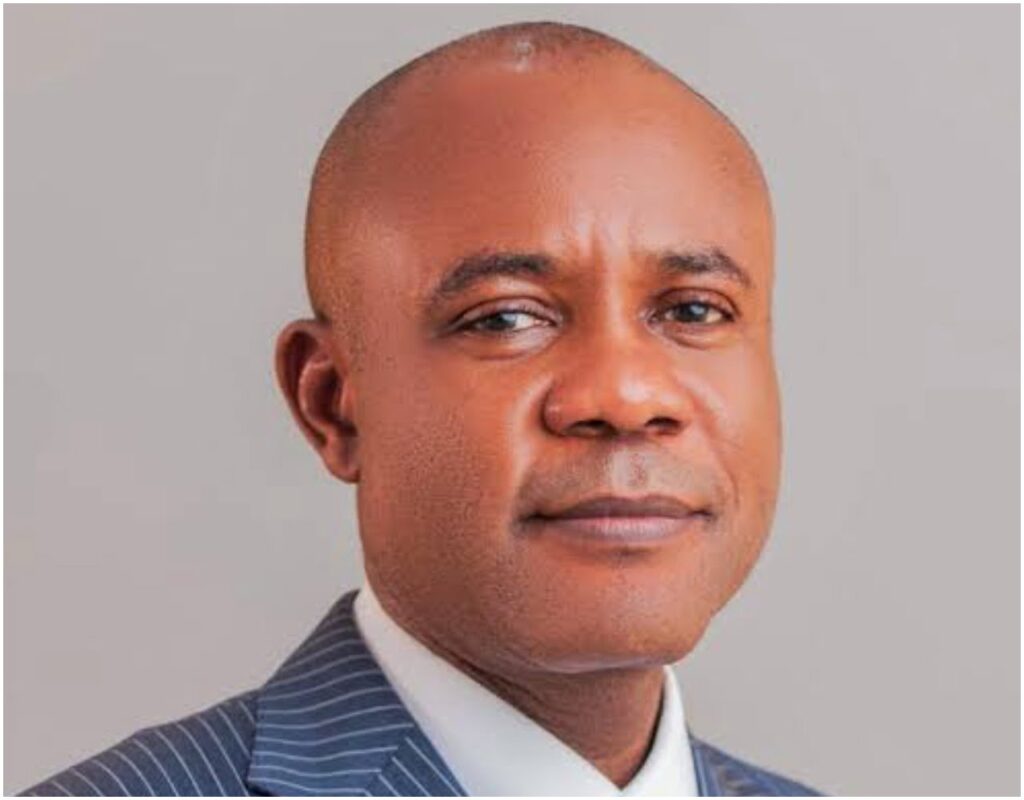Hausa community living in Enugu has thrown its weight behind the Peoples Democratic Party (PDP) governorship candidate in Enugu, Dr Peter Mbah for the March 11 governorship election.
The community also suggested steps to end herders/farmers clashes in Enugu.
It said if Mbah followed the steps, they would end the clashes in the state.
The community’s leader, Alhaji Shettima Mohammed, during a two-million-man march for Peter Mbah, organised by Mbah Support Groups on Saturday in Enugu, said they were Alliance Patriots for Mbah.
Mohammed said they were supporting Mbah because he was a credible candidate and a good leader who had set example from the oil sector.
He said: “We have heard a lot about him; he is people-oriented person, supportive and conscious of the well-being of the people.
“We the northern community want him to acknowledge our 100 per cent support as it’s like a culture among the Hausa communities.”
READ ALSO:
- Police Arrest Social Media Users for Posting on Turkey’s Over Quakes
- Yiaga Africa Tasks INEC on Observed Lapses in Mock Accreditation
- Bloomberg’s Poll Project Peter Obi to Win Presidential Election
Mohammed, who described Mbah as a great product, explained that: “When you want to sell a product, investigate to know the kind of product; Mbah is a sellable product.”
“We the minority in the southeast have leaders, If Mbah is delivered, our wish and demand for him is to recognise our leaders.
“Bring our people into his government and assist our children in their education by giving them scholarships and other life supporting needs,” he appealed.
On the herders/farmers clashes in Enugu State, Mohammed noted that insecurity in Nigeria was caused by economic instability.
“So we want Mbah to revitalise the economy of the state to have many engaged.
“Herders are human beings, not spirit and I believe, Mbah can go to their various settlements and meet with their leaders.
“Call them to a meeting to find out what their problem is,” he advised.
Mohammed also emphasised the need to make leaders of Hausa community to be in charge of reconciliatory committee as they were the ones that knew where herders were to identify with them.
He further explained that such step would enable government to have information about herders activities and problems through leaders of Hausa community.
“This will enable government to take necessary actions to salvage the situation if the dispute arises; with this, I think we will all live in peace.”


